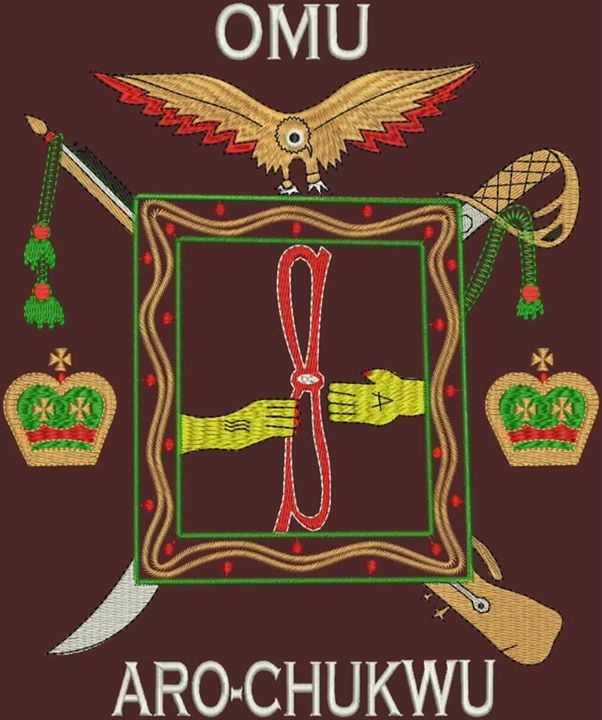AGRICULTURE AND FOOD SECURITY COMMITTEE (Inaugurated February 2024)
Agriculture has long been the backbone of Amuvi’s economy, yet farmers and agribusinesses continue to face persistent challenges ranging from low productivity and limited access to markets to outdated farming methods and inadequate support systems. Food security, once taken for granted, is now increasingly threatened by these issues. Recognizing the need for a structured approach to address these concerns, the Amuvi Development Group (ADG) established the Agriculture and Food Security Committee. This committee is tasked with developing sustainable solutions that will enhance agricultural productivity, create economic opportunities, and ensure a stable food supply for the community.
Members

Mazi Dr.Henry Okey Onyeador
Chairman

Mazi Ikechukwu Okafor
Co-Chairman

Mazi Emeka Orji
Secretary

Mazi Engr. Ogbonnia Nwafor (PG)
Member

Mazi (Sir) Chima Owunna
Member

Mazi Achinivu Okorafor
Member
MISSION
The Agriculture and Food Security Committee is committed to strengthening Amuvi’s agribusiness sector by fostering sustainability, resilience, and growth. Our mission includes:
- Assessing Opportunities: Conducting comprehensive agribusiness analyses to identify investment potential and areas for improvement.
- Building Partnerships: Collaborating with key stakeholders to drive agricultural development and food security.
- Encouraging Innovation: Supporting research and the adoption of new farming techniques to enhance productivity.
- Training and Capacity Building: Providing farmers and agribusiness owners with the knowledge and skills needed to thrive.
- Monitoring Progress: Tracking key performance indicators to measure impact and refine strategies.
- Policy Development: Formulating and evaluating policies that promote a sustainable, inclusive, and thriving agricultural sector.
Through these efforts, the committee aims to ensure food security, economic stability, and long-term prosperity for the entire community.
ACHIEVEMENTS
- Oil Mill Development: Securing the oil mill premises and outsourcing its management to a reputable firm for efficiency.
- Agricultural Cooperatives & Support: Assisting Amuvians in forming agric-based cooperative societies and providing resources for agribusiness.
- Community Awareness & Engagement: Promoting modern farming practices, tree cultivation, and household mini-farms to enhance food security.
- Sustainability & Resource Access: Encouraging self-sufficiency by providing support and resources to individuals and groups interested in agriculture.
CHALLENGES
- Labor Shortages: The migration of young people to urban areas has reduced the available workforce, leaving older farmers with limited capacity to sustain agricultural productivity.
- Land Abandonment: With fewer people actively farming, agricultural land risks being neglected, leading to decreased output and potential land degradation.
